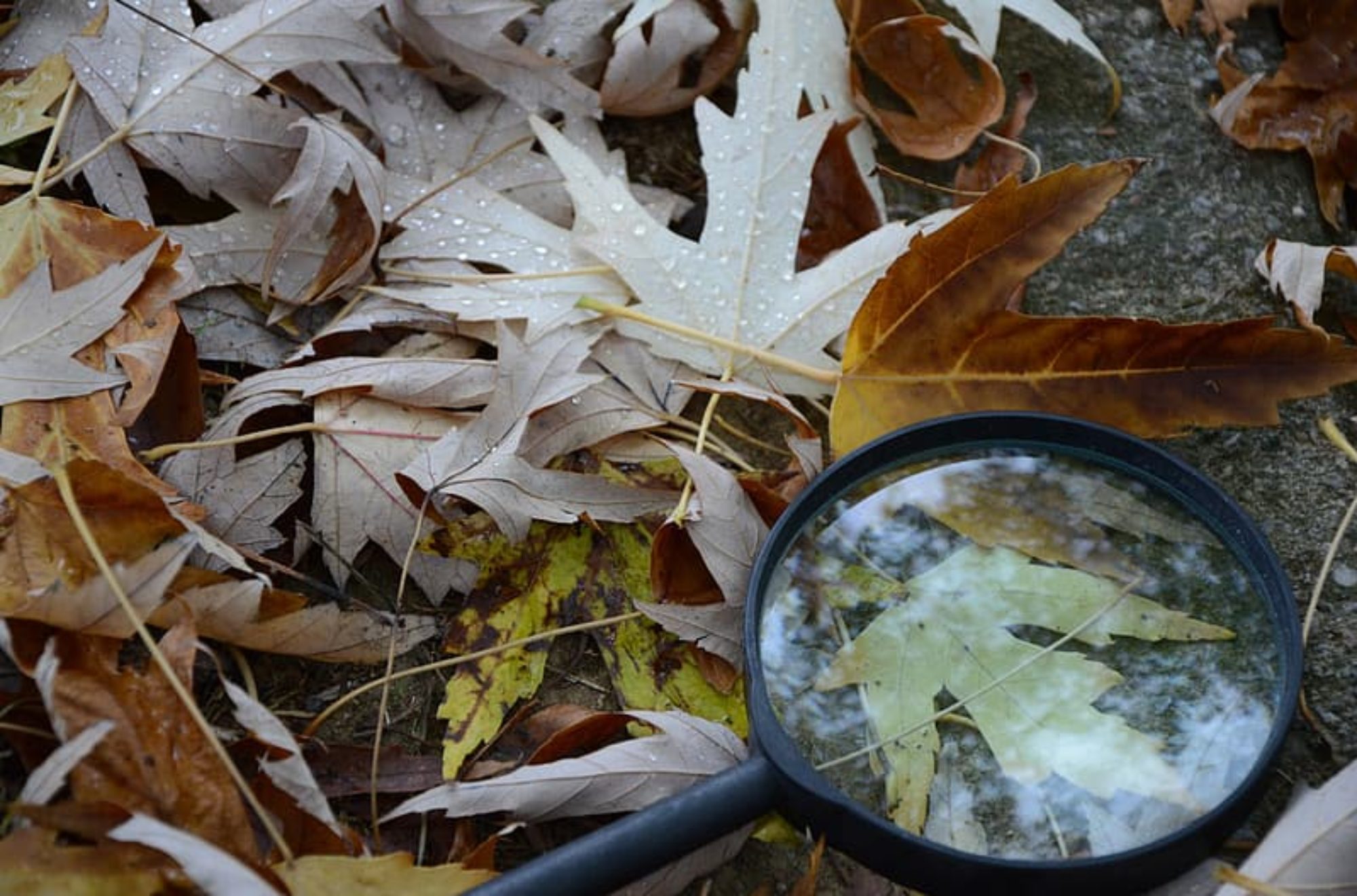“Why are you engaging in this line of action and inquiry? What important unmet need sits central to your question?”
It became clear in my leadership studies, there were predominant models of what it meant to be a successful leader. As well, predominant leadership models of how to initiate change were likewise from a particular frameworks. I started to wonder, if these models of leadership and change were as successful as they were presented, why was it that education did not seem to really change? More worrisome, the leaderships model that one was to emulate saw students not seeing themselves as successful in a manner that was emotionally, mentally and or physically contributing to their overall life happiness and wellness. Likewise, I was noticing a parallel with the adults in the school buildings–all adults. Educators, consultants, administrators, support staff, care takers, bus drivers and lunch facilitators seemed at times to be suffering as well.
I started to consider what other modes/models of leadership might looking like, and how coming to know multiple leadership frameworks, might one address overall wellness in schooling. It then dawned on me, since we returned to Canada, we have had successful leadership practices on our land since the beginning of time. If communities, for example, have been able to thrive over millennia, why in the world have we not looked to such models as educators?
If I were to identify an unmet need that sits central to my question, it is “Am I privy to know about Indigenous leadership practices?” As well, what do I do with the knowledge and is it my place to bring this way of knowing into my own practice as an educator and leader”.


Hi Angela,
I think this question and possible area of exploration are going to reveal some powerful insights and “ways of being” that we don’t often consider. Have you noticed that the dominant stories in Western culture of what it means to be a good leader are typically male or female dominated? I wonder if even looking at other matriarchal cultures if you might notice any overlaps with Indigenous leadership trends. Just a wondering.
Hello Celeste,
This question is indeed starting to reveal insights–in particular the power of vocabulary and the understandings of words based upon one’s experiences. I agree leadership in my experiences, are rooted not only within social constructs but are very gendered. As I am reading, and having conversations, matriarchal cultures when related to leadership, come from the lens of a very different perspective. Community, togetherness, stories, and lived experiences are a few of the themes I am seeing.
Angela
Hi Angela, I am really impressed with the vulnerability you are showing as well as considering where you fit in in all of this. I think these are really important questions to ask. I think Celeste’s feedback is a great direction to move in as there are such a wide variety of indigenous cultures around the world. Canada is a great place to start though.
Hi Angela,
I loved reading about your process and how you took the time for contemplation and observation before determining your question. Have you found any resources to explore leadership practices? Have you read Braiding Sweetgrass by Robin Wall Kimmerer? She makes many observations about leadership in education. I’m really looking forward to learning from you.
Kathryn
Hello Kathryn,
Thank you for your thoughts. I love “Braiding Sweetgrass”- especially where she speaks to how trees communicate and care for one another. Her thoughts on leadership are quite impactful, as are her comments regarding disrupting colonized versions of education. I am currently working through “Protecting the Promise” by San Pedro. This book is part of a series curated by Django Paris which I am finding not only enlightening, but are giving my guidance for my project.
Angela
Hey @amantie! Sorry it has taken me so long to reply. I have read and re-read your blog and every time I am blown away and want so badly to spend time just listening to all you’re learning!
Wow, the why couldn’t be more relevant now and I’m so glad that you were able to connect with the Indigenous leaders at RLC. When I speak with @gvogt, I’m always captivated and how they are weaving indigenous learning into the fabric of the school.
I wonder how the course Indigenous Canada has gone? I’m really looking forward to connecting and I wonder if @edaigle might be a person to connect with next in terms of dismantling colonial frameworks in schools.